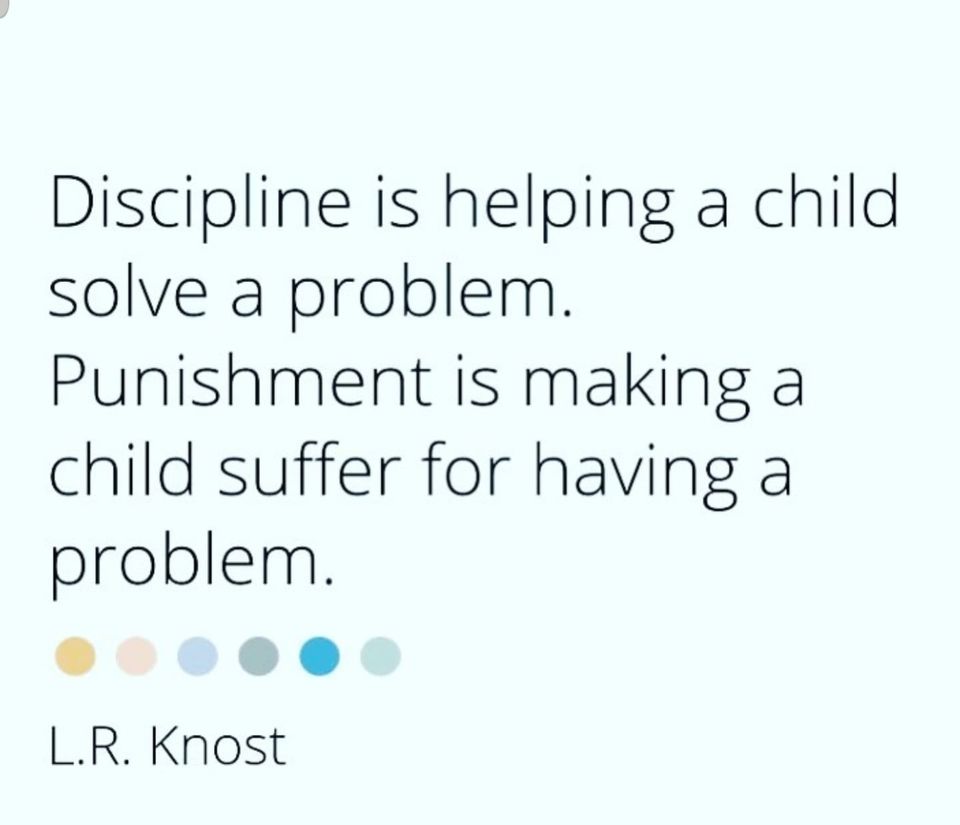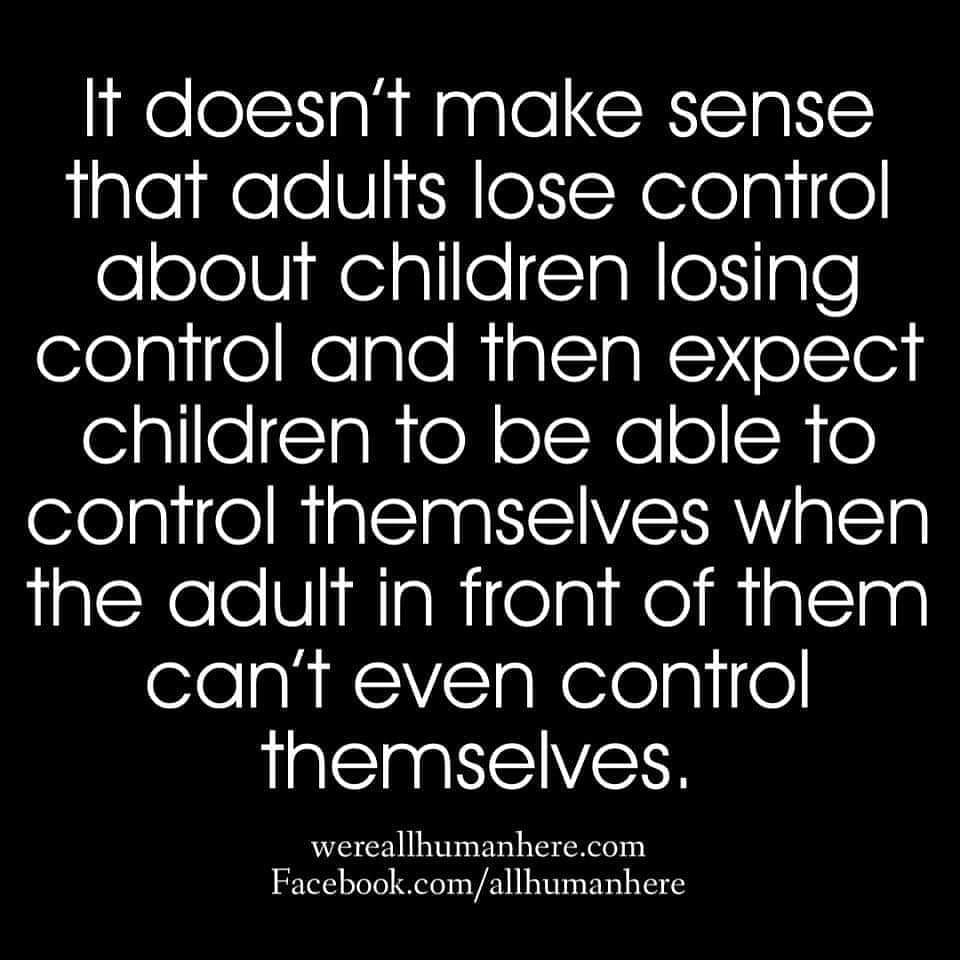Every parent knows that everything with kids is a phase. So is good behavior and misbehavior. More often than not, parents find themselves repeating the same rules or punishments to their children over and over.
Before we get to how to deal with the children, I would like to address the adults. Because misbehavior is never only a kid’s problem.

All children need their parents to be guides and role models in understanding what is acceptable, well-mannered behavior, and what is not. To be able to nurture in them qualities like honesty, empathy, grit, passion, courage, and love.
But as parents sometimes our negative qualities of fear, anger, and judgment come into the forefront. When we lead our disciplining techniques with discontent then we get a mixture of:
- Blame
- Shame
- Pain
Blame makes us remove the responsibility from ourselves, shame makes feel superior and pain makes us feel righteous? Or do we do it because it was our parents did and we turned out fine? Did we?
Research suggests that children who are harshly disciplined or shamed tend to be less happy, less independent, less confident, less resilient, more aggressive and hostile, more fearful, and at higher risk for substance abuse and mental health issues as adults and adolescents.
The reason? No one ever changes from being shamed.
Where did you get the crazy idea that to make kids do better we have to make them feel worse?
Unknown
So before we judge our kids, lets reflect our tone, words and actions. Lets be aware of our personality and behaviors and role model only those which we expect from our children.
Now, turning to discipline. Discipline is important and relevant when the consequences of misbehavior are. All consequences must well be thought out and balanced so the lesson is understood without the ill effects on the child’s personality or sense of self.
Below are some guidelines you can follow to explain assertively to the child the consequences of their behavior.
5 Guidelines to decide consequences to remedy misbehavior
1. Be Respectful
The tone used while explaining or delivering consequences must be calm composed and respectful. The deed is done and now we must discuss the repercussions. No high pitch screaming and shouting necessary.
The words must be positive and moving forward. No need for bringing up past misbehaviour and recounting all the sacrifices you have made. Just focus on the present.
A good way is to simply state the concern or the problem.
“I’ve noticed that you do not finish the last spoon on your plate always.”
“I have observed that your tone with your sister has become very demeaning and the words used are not appropriate.”
2. Related to misbehavior
We are not trying to teach them any lesson. We are helping them understand a particular lesson. So it is very important that the consequence is related to the misbehavior so in future the child can relate the particular consequence and misbehavior.
This connection also helps them understand the actual lesson. It doesn’t need to be liked by your kids but it needs to be fair. So consider carefully this part before revealing the consequence.
“Since you are talking rude words to your sister, you must open a dictionary and find 10 kind words. Then you will write them down and tell them to her in a meaningful way by the end of the day.”
“As you are not taking care of your toys and keep on breaking them, you must find 2 well-kept toys and donate them to a child in need. You must understand that the value of your things and joy in giving to those who are not as fortunate as you .”
3. Reasonable in Duration
According to the age, maturity and circumstances – the duration or intensity the consequence must be decided. The intensity can be different for a first time case than a repeat one. So first consider all angles so the consequence is not too harsh or light.
The ideal length is where the child has got enough time to reflect on his/her actions and understood the consequences if the misbehavior is repeated.
For a two year old, an hour of reflection is enough time while for an 8 year old you may need a day.
4. Revealed in advance
Depending on if you are trying to stop an ongoing misbehavior or dealing with figuring out the consequence afterwards, below are some guidelines and examples you can consider:
- If possible, make them stop for a moment and give them a choice between continuing the misbehavior or dealing with consequences.
- The consequences can be lesser if misbehavior is immediately stopped.
- If not listening, give them a timer. Like, ” In five minutes, when I come back, I expect that you both will not be arguing.”
- Give them future expectations. Example – ” I expect that in future you will take a spoon lesser of rice than wasting it at the end.”
The idea is to reveal the consequences so that to continue or not, becomes their choice. To repeat or not, becomes their choice. Hereby, we are respectfully giving them autonomy of their actions and the choice to deal with consequences if those actions are unwelcome.
5. Repeat on understanding of the deal
To make the lesson count and the work of reflection on actions to happen, make the child repeat the deal made or the consequences following the misbehavior.
It gets them to be fully present and aware of their actions, understand the consequences, and in turn fortifies the lesson or relevance. It makes it their choice and helps them take responsibility for their actions. All in turn building blocks for future choices.
I would like to conclude with this thought:

So however you would like your child to behave, begin with – role modelling it often!

